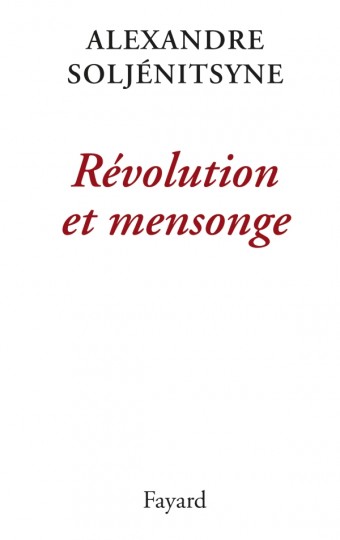The persistence of the Lie
/Our own Daniel J. Mahoney has authored a new reflection on the continuing imperative not to live by lies.
“As Solzhenitsyn has indisputably established, the ideological Lie deceives at a very fundamental level. Those who perceive themselves as “innocent victims,” bereft of sin and any capacity for wrongdoing, or as agents of historical “progress,” become puffed up with hubris and feel themselves to be infallible. They become oppressors with little or no sense of limits or moral restraint. In Albert Camus’s memorable words, we must instead aim to be “neither victims nor executioners.” That is the path of moral sanity and political decency recommended by both the Christian Solzhenitsyn and the unbelieving Camus.”



![10.11┆ “The man who is for the moment the most famous person in the western world” (C. Ogden) [=7.5].jpg](https://images.squarespace-cdn.com/content/v1/5432c9c0e4b0d4b6148b3def/1609542526274-1IY3OTGP2WB00T8KWN6Q/10.11%E2%94%86++%E2%80%9CThe+man+who+is+for+the+moment+the+most+famous+person+in+the+western+world%E2%80%9D+%28C.+Ogden%29+%5B%3D7.5%5D.jpg)


